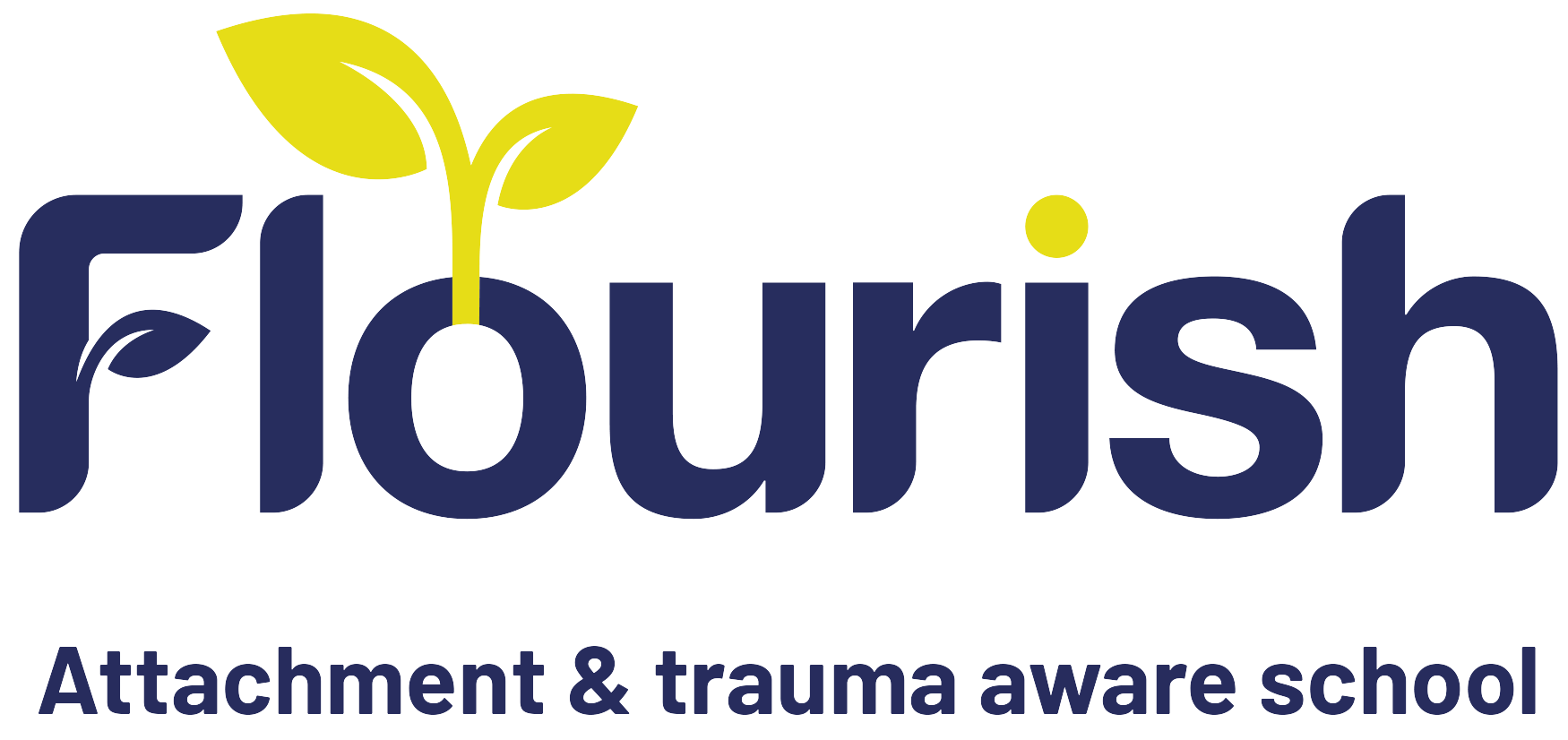.jpg)
Click here to see EPDA Verification Report
EPDA Certificate
EPDA Award
Victory Park Academy are working towards the EPDA award, which recognises and evaluates our commitment to pupils’ personal development and growth, beyond the curriculum. The EPDA aims to provide schools with a structure and systematic approach to develop a ‘skills for life’ curriculum. The objectives outline the essential requirements to embed a culture and ethos which aims to develop pupils’ personal development and skills.
It involves the following requirements:
Objective 1 requires that leaders, including governors, in the school must actively subscribe to the aims and process as a starting point. Including the award as part of the school’s development plan will enable the progress to be monitored regularly. A full review of the school’s current position through the self-evaluation task at the start of the award is essential to devising the action plan. There are then key policies which need to be reviewed and in place to ensure that all members of the school community understand the ethos and practice expected in the school. This forms the basis of Objective 2.
Objective 3 is possibly the most important and critical aspect of the award. It focuses on the content of the curriculum. This is because developing pupils’ knowledge is a prerequisite to ensuring that pupils become more skilled. It is deliberately not overly prescriptive; however, there are essential elements that school should consider when devising their curriculum. The KPIs in this objective help schools to strengthen these elements of their curriculum. It is up to schools to decide the best approach and resources to meet the KPIs. This is an opportunity for schools to review their pastoral and academic curricula and ensure the two support each other consistently and effectively.
Objective 4 is the first part of the work to strengthen the school’s links with other partners both national and international, including charities and other professional bodies. By building these strong links pupils understand the support available to them especially in relation to their safety and wellbeing. Pupils are encouraged to get involved in national and international issues. By so doing pupils are encouraged to develop their world view and attitudes towards others, perhaps less fortunate than themselves.
Pupils’ behaviour, conduct and attitudes are directly addressed in
Objective 5, although the other objectives all contribute. Attitudes are distinctly separated from behaviour. Schools are encouraged to develop a positive behaviour strategy. Ideally punitive action should not outweigh the positive and positive role modelling is encouraged. Pupils’ attitudes towards each other, difference and their learning are closely monitored in this objective.
Objective 6 ensures that staff are effectively trained to support safeguarding and implement the pastoral curriculum. The quality of the knowledge and skills among staff is critical to the success of this award. You will notice that the award does not require schools to present evidence to meet statutory requirements, such as safeguarding. However, aspects of safeguarding are covered in these KPIs as they relate to pupils developing the knowledge and skills necessary to manage risk and improve behaviour and attitudes. Pupils’ skills are likely to be well-developed if they have a strong set of knowledge about themselves and others, the support available to them, society and the world in which they live. It is for this reason that the quality of the curriculum features so heavily in this award.
Whilst similar to Objective 4 in that it encourages the school to forge external links, Objective 7 seeks to develop the school’s partnership specifically with the local community, including parents/carers. This aims to encourage pupils to value what is available to them locally, and to understand their place in the community and how they can contribute. As we know from our other awards, strong parental partnerships promote positive behaviour and attitudes. In this way, schools extend their reach to support pupils’ personal development and their vision and thus impact goes well beyond the school gates. The use of stakeholder evaluation forms and visitor evaluations and feedback activities with local residents and businesses will assist schools in determining the effectiveness of their work to develop pupils’ personal skills. Finally, in Objective 8, schools are required to outline their plans for the future in maintaining the provision they have established for pupil's personal development and skills, to ensure the legacy of the award continues.
The emphasis throughout the award is to encourage leaders to check the impact they are having on implementing their vision and plan to prepare young people for life. The award process supports leaders to evaluate and continuously improve this aspect of the education they provide in their schools. By the end of the process, you should have:
- a positive and well-embedded culture and ethos
- clear systems and policies
- more effective leaders and teachers
- a curriculum which is fit for purpose, relevant and successful
- and most importantly, pupils who are confident and socially aware.
Rather than imagining a school is preparing its pupils well for lifelong learning and life beyond school, this award asks schools to make sure they actually are!









.jpg)



.jpg)